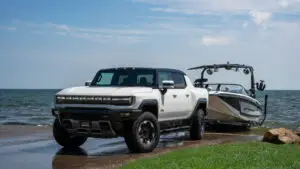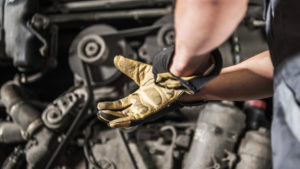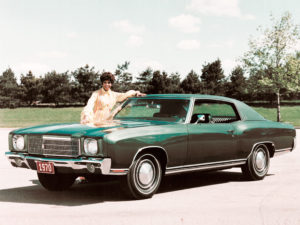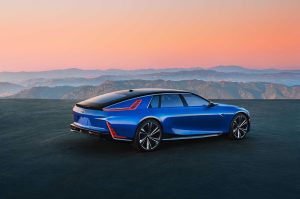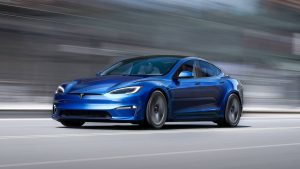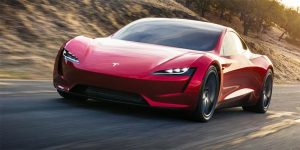Rivian’s electric pickup truck and SUV are among the most compelling and exciting new vehicles to hit the market in years. Even so, the automaker’s road to designing, building, and selling new EVs hasn’t always been smooth. Several unpredictable global factors have impacted Rivian’s production capabilities and triggered price increases for its brand-new R1T pickup.
Despite those challenges, the company has managed to deliver several thousand vehicles to eager customers across the country. Unfortunately, this week brought one of the automaker’s biggest speedbumps yet: A new Rivian recall involving 13,000 vehicles – almost everything Rivian has built to date.

The National Highway Traffic Safety Administration’s (NHTSA) safety recall report states that affected vehicles include:
- 2022 Rivian R1T electric pickup trucks built between August 23, 2021, and September 24, 2022
- 2022 Rivian R1S electric SUVs built between September 28, 2021, and September 23, 2022
- 2022 Rivian EDV (electric delivery van) built between December 10, 2021, and September 27, 2022
Rivian issued the recall to address the nut that connects the front upper control arm and the steering knuckle. The automaker’s records “cannot confirm that the front upper control arm and the steering knuckle retention fasteners for each front wheel were properly torqued.” An improperly torqued steering knuckle fastener can lead to “excessive wheel camber, or, in rare instances, a separation.” In either case, the driver’s ability to control the vehicle is negatively impacted, increasing the chances of an accident.
Company CEO RJ Scaringe acknowledged the recall in a memo to staff, saying that fasteners on the front steering knuckles “may not have been sufficiently torqued.” He also said that the company had observed fasteners that had fully loosened but noted that the problem was exceedingly rare.
Though annoying and a bad look from a PR standpoint, the recall isn’t a significant financial burden for Rivian, and the fix is a quick one for owners. Fixing all affected vehicles will only take around 30 days, but since Rivian doesn’t have a dealer network or widely available repair shops, the process will look slightly different from a traditional recall.
In addition to its free mobile service visits, Rivian will offer no-appointment priority service for affected vehicles at its service centers, which are scattered across 17 states. The automaker also plans to hold pop-up service locations, though we don’t yet know where they will be.

Though it’s one of the better-funded and established startup automakers, Rivian has and will continue to have growing pains. Building cars is incredibly complicated, and that’s before we think about costs and supply chains. The company’s longevity depends heavily on its ability to drastically increase production volume while managing costs.
Rivian’s recall and nontraditional service delivery model don’t have much of an impact on non-owners, but there’s a bigger lesson to learn here. Customers configure and reserve their new vehicles online without ever stepping foot in a showroom. A fully refundable $1,000 deposit is all it takes to start the process. That sounds great, right? No negotiations, no awkward back and forth with an invisible sales manager. What about when you need service?

Without a dealer network, Rivian’s mobile service and scattered service center locations are responsible for customers’ maintenance needs. Industry pioneer Tesla has used the model for years, but many people report extended wait times for service and a tough time dealing with the company’s customer care reps. While Rivian may address those issues and do better, it’s still true that its decentralized service model will be an adjustment for almost everyone.
That’s not to say direct sales and mobile maintenance are bad. More choices, including decisions around how and where vehicles are serviced, are almost always good for consumers. Want a traditional dealership service experience? Buy an EV from a legacy automaker. Want a flexible service model and an innovative vehicle from a brand-new company? Rivian and a slew of others have you covered.


